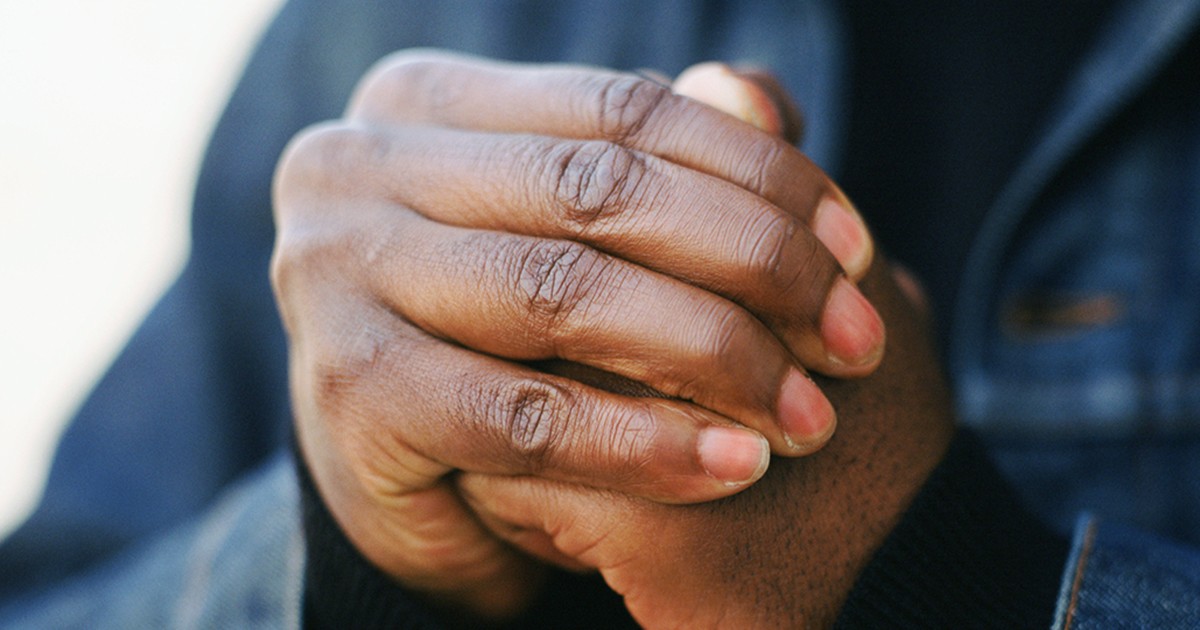Between 25 and 54% of people have the habit of crunching their fingers, being more frequent among men than among women.
A joint is the point at which two bones meet. In all joints of the body there is an area called joint capsule that protects the joints, inside which there is a natural lubricant called synovial fluid, which favors the movement of the joint.
Synovial fluid contains air. When the knuckles creak, the joint separates, expanding the space within the joint capsule. This causes the dissolved gases to form bubbles to occupy the new created space. When making force, the bubbles escape at great speed causing the characteristic sound of the crunch.
When the fingers creak, the joint is stretched and the nerve endings of the area are stimulated, so that a pleasurable sensation can be generated. At other times it is a nervous habit.
Can it be dangerous to crunch your fingers?
It is believed that cracking the knuckles could end up affecting the cartilage of the area, produces arthritis, joint instability and loss of strength and function of the hand.
There are few studies that have been carried out to check if cracking the knuckles could affect the joint.
One of the best known is that of a Californian doctor who for more than 60 years was crunching the knuckles of his left hand at least twice a day. He did not find that this habit caused arthritis in his hand.
In a larger study conducted in Detroit in 1990, researchers examined the hands of three hundred people over 45 years of age. They observed that 84% of those with signs of inflammation in their hands used to crack their knuckles. Despite these dates, the authors do not know if this inflammation would suffer from the fact of having cracked their knuckles.
Is it wrong to crunch your fingers?
In addition, for the founders of osteopathy, the sound produced when a joint is crunched is a sign that the technique is being done correctly, since it has been possible to modify a possible poor position of the bone.














